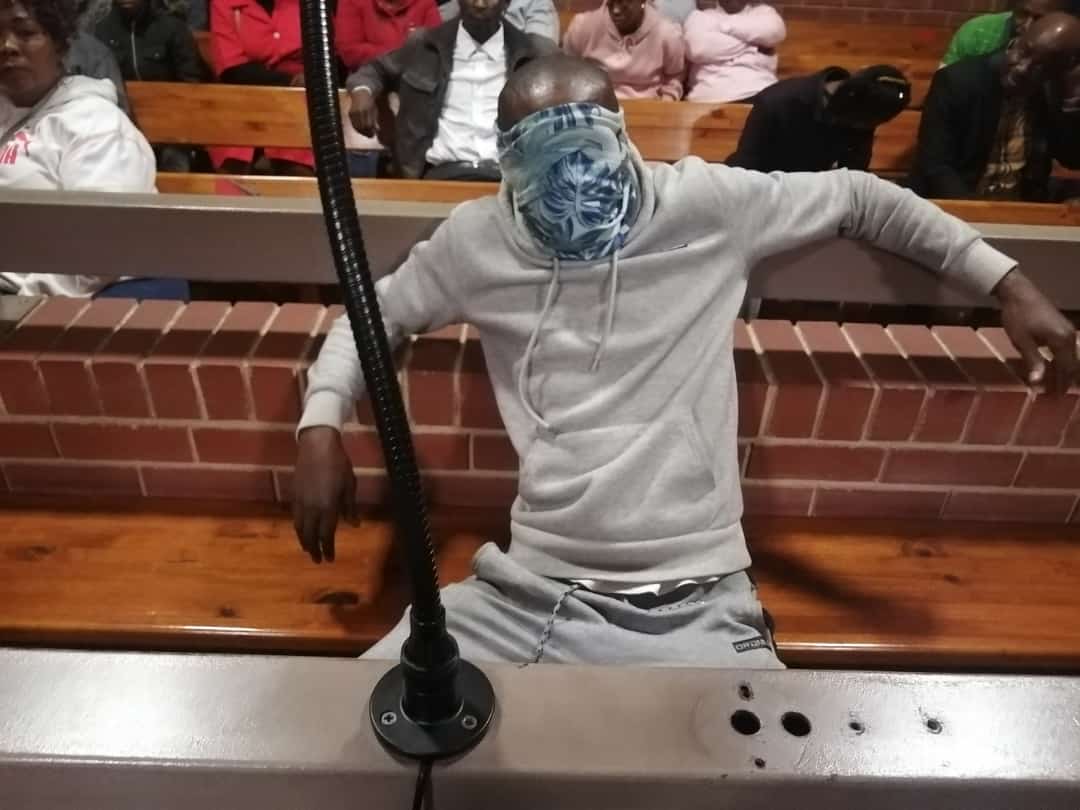TSAKANE GRAVEYARD SERIAL RAPIST SENTENCED TO THREE LIFE AND 30 YEARS IMPRISONMENT
REPOTER: TSHEPO C MOLOTO: The Pretoria High Court sitting in Benoni, sentenced the Tsakane graveyard serial rapist Petetona Abel Lebele (43), to 3 life terms and 30 years of direct imprisonment. This is after he was found guilty of four counts of rape as well as four counts of kidnapping. These offences were committed against four females, ages 7, 13, 16, and 32 over 3 years, from January 2017 until August 2019, when he was arrested.
The court ordered that his name be included in the National Register for Sexual Offenders. His first and youngest victim was a 7-year-old minor. On 19 January 2017, when the minor was on her way to school, she met with Lebele, he called her and told her to come to collect sweets. The minor refused and started running, however, Lebele caught up with her and dragged her to the cemetery where he raped her. The accused later raped a 32-year-old woman on 19 August 2019, while she had her 2-year-old child on her back, who he pushed to the ground and proceeded to rape the mother.
In court, he pleaded guilty to the charges preferred against him. In his guilty plea, he told the court that he targeted his victims when they were on their way to school or home. He also told the court that he would grab and drag them to the Tsakane cemetery where he raped them.
In aggravation of sentence, the state prosecutor Adv. Lawrence Sivhidzho told the court that rape is traumatic, it does not only affect victims physically but emotionally too. Lebele targeted defenceless young children and raped them at a cemetery, a respected place where loved one’s are resting. He, therefore, asked the court to impose a harsh sentence that will send a message.
Judge Portia Phahlane agrees with the statement that Lebele targeted defenceless victims, and that rape was less about sex but about power and entitlement to women’s bodies. Therefore, it was the duty of the court to send a clear message that such offences would not be tolerated. After sentencing the accused applied for leave to appeal his life sentences which was opposed by the state and denied by the court.






